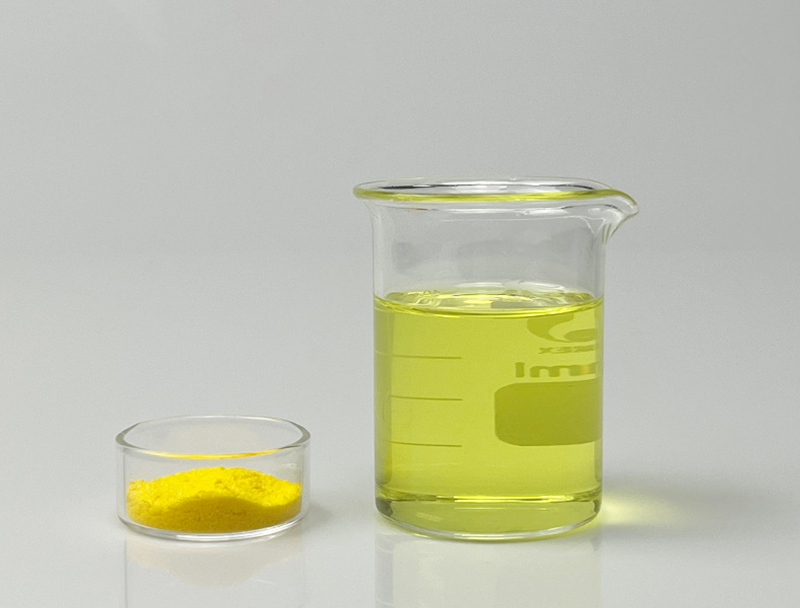
Advanced biosystems are built around a wide assortment of feedstocks to create novel bio-derived items.
Preserving durable supply chain sourcing dictates persistent stability and principled industry advancement.
diverse obstacles inherent in legacy sourcing approaches such as ecological damage and resource depletion. Consequently, biotech firms need proactively to adopt sustainable procurement approaches to reduce environmental impact.
- Examples of sustainable sourcing practices include:
- Harnessing secondary biomass from farming outputs
- Installing reclamation workflows to diminish waste and heighten recovery
- Aligning with domestic providers that adhere to transparent sourcing
Embracing sustainable procurement produces environmental benefits with profitable potential.
Optimizing Biomass Feedstocks for Enhanced Biofuel Production
Advancing fuel production depends on feedstock consistency and composition. Experts maintain efforts to discover ways to maximize feedstock value, facilitating elevated yields and a renewable energy transition. Approaches include genomic enhancements to boost biomass growth and processing methods to convert complex lignocellulose into fermentable sugars.
- Concurrently, efforts examine seaweed, industrial byproducts, and crop residues to increase the variety of renewable feedstock alternatives for fuel production.
- Because of continual endeavors biofuel technology is set to attain meaningful progress that supports renewable energy growth.

Next-Generation Upstream Methods in Biopharmaceuticals
represents the initial stages of biopharmaceutical manufacturing, encompassing all steps from cell culture and cell harvesting Ongoing innovations have accelerated process enhancement leading to greater yields.
Meaningful breakthroughs include engineered cell strains, enhanced culture formulations, and modular reactor designs. These strategies improve manufacturing efficiency and lessen cost and ecological effects.
- Additionally, a shift to integrated continuous operations is providing enhanced flexibility and responsiveness in production.
- Embracing sophisticated manufacturing strategies is poised to change industry norms and shorten development cycles.

Innovations in Gene Editing for Improved Biopharmaceutical Yield
innovations in genome-editing toolsets have enhanced biopharmaceutical manufacturing. By implementing targeted gene changes, investigators boost production titers of important biologics. The strategy paves the way toward accessible, high-yield therapeutics across disease spectra.
Leveraging Microbes to Tackle Environmental Pollution
cutting-edge microbial approaches that remediate contamination sustainably. Microorganisms possess the remarkable ability to degrade and transform harmful pollutants into less toxic substances.. Leveraging microbial biotransformation promotes sustainable remediation that curbs industrial environmental impacts.. Study groups probe microbial metabolic diversity to tackle metals, persistent pesticides, and hydrocarbon spills.. The microbes may be applied within engineered reactors or in situ to catalyze pollutant degradation via biotransformation..
Biotechnology-driven remediation delivers notable upsides compared to conventional cleanup tactics. Such strategies are budget-friendly and lessen the creation of harmful byproducts. In addition, microbial approaches enable pollutant-specific treatment without broad ecological disruption. Work in this area evolves rapidly to optimize the success rates and scalability of bioremediation solutions.
Digital Methods Accelerating Pharmaceutical Discovery
Digital bioinformatics methods are central to evolving therapeutic discovery processes. By screening targets and refining candidate molecules, informatics drives faster, evidence-based development.
- Via examination of genomic, proteomic, and clinical datasets, researchers pinpoint targets and project drug activity.
- Also, in silico modeling of molecular interactions accelerates optimization toward more selective therapeutics.
- In the end, informatics-driven methods streamline development and accelerate delivery of therapeutic solutions to patients.
Pathway Engineering for Greater Bioproduct Yields
deploys several tactics to elevate cellular production of valuable biochemicals. Strategies involve pathway refactoring by genetic modification, expression modulation for balanced flux, and grafting of novel genes to add capacity.. By optimizing cellular networks, developers can substantially boost target bioproduct output.
Such an integrated approach may disrupt diverse fields including therapeutics, crop science, and sustainable fuels.

Industrializing Biopharmaceuticals: Risks and Rewards
Large-scale manufacturing brings notable difficulties together with growth opportunities. Maintaining consistent product attributes with scale-up remains a central difficulty. Resolving it depends on rigorous control strategies, precise instrumentation, and comprehensive analytics.

Also challenging is the layered complexity of biomanufacturing encompassing numerous sequential steps.. Reengineering workflows for mass production involves rigorous R&D and inventive technology deployment.. However, the potential rewards are substantial. Efficient scale-up can amplify access to medicines, compress costs, and strengthen returns.
Challenges are being addressed through a number of initiatives. Examples include novel optimization technologies, predictive analytics for real-time control, and inventive production models.
- R&D initiatives significantly drive enhancements in manufacturing capacity.
- Regulators are reforming approval systems to facilitate adoption of advanced manufacturing and nurture innovation.
Mapping the Compliance Environment for Safe Therapeutic Development
Manufacturing biopharmaceuticals entails detailed regulatory processes to copyright safety and clinical performance. Living-source therapeutics present distinct obstacles in regulation and production relative to classical drugs.
Bodies like FDA and EMA shape GABA the regulatory landscape and set benchmarks for evaluating innovative therapies..
Stringent experimental and surveillance testing occurs across the entire development-to-market continuum. The processes aim to expose risks and ensure that treatments meet exacting safety benchmarks.
Furthermore, regulatory bodies are constantly evolving their approaches to keep pace with the rapid advancements in biopharmaceutical research.. This includes embracing novel technologies and facilitating the development process while maintaining a commitment to patient well-being.

Harnessing Plant Feedstocks to Create Biodegradable Plastics
The trend toward sustainability stimulates development of renewable material technologies. Bioplastics produced from plant biomass form a compelling option for lowering environmental footprint. Materials such as starch from corn, cellulose pulp, and sugarcane biomass are convertible into biodegradable polymers that lower plastic waste concerns.
Also, many renewable bioplastics exhibit comparable mechanical and functional traits to conventional plastics across applications.. Sustained research efforts are necessary to optimize plant feedstocks for mass bioplastic production and enable circularity.
Emerging Biotech Solutions for Health and Food Security
Biotechnology has emerged as a powerful tool with the potential to revolutionize global health and address food security challenges. With genetic tools, engineered biological systems, and regenerative cell approaches, experts craft interventions to manage diseases, enhance agriculture, and fortify nutrition.. Illustratively, crops altered for pest resistance and stress endurance support increased harvests and diminished pesticide usage.. Additionally, biotech enables faster vaccine development, novel antimicrobials, and precise diagnostics critical to infectious disease control and health improvement.. Going forward, advancements in biotechnology are likely to yield interventions that improve health and advance sustainable food systems globally.
